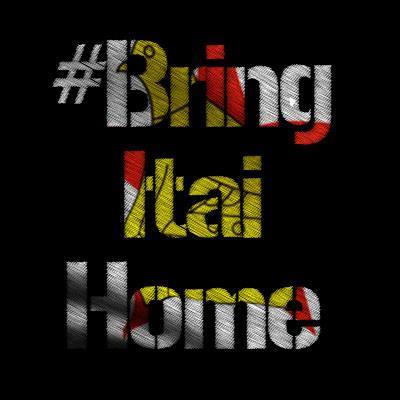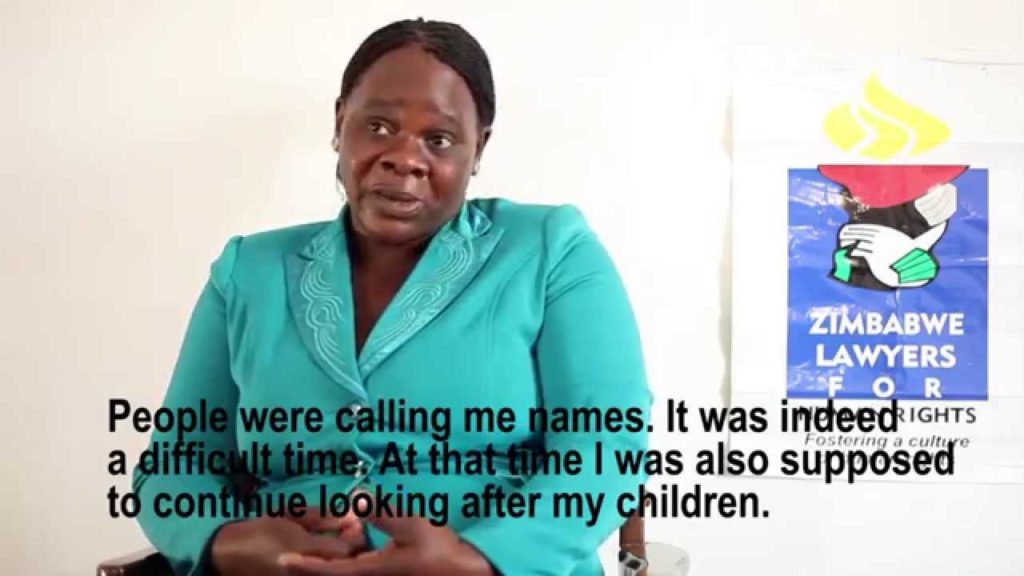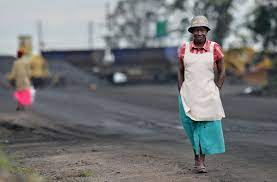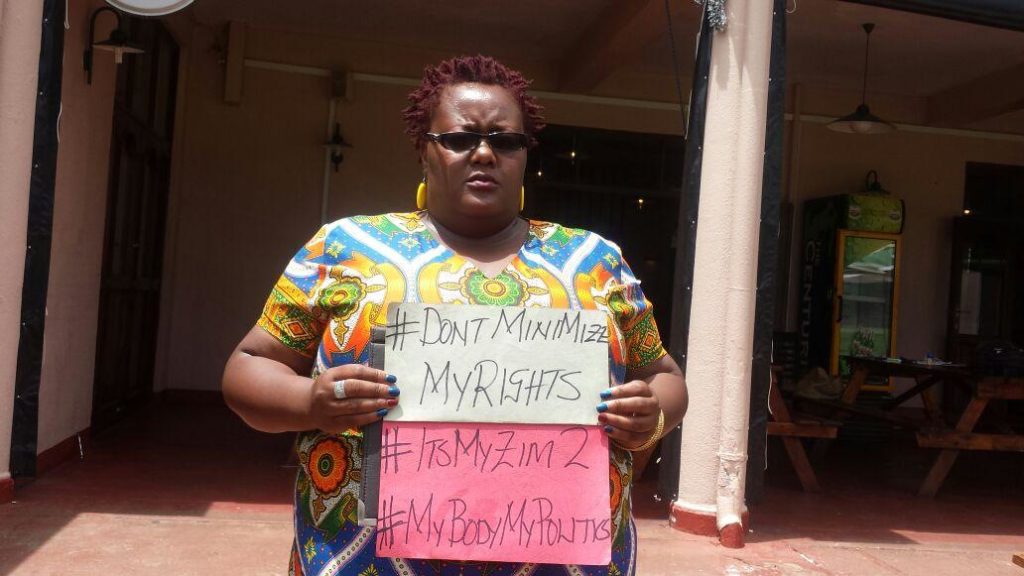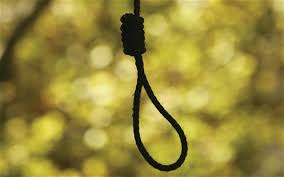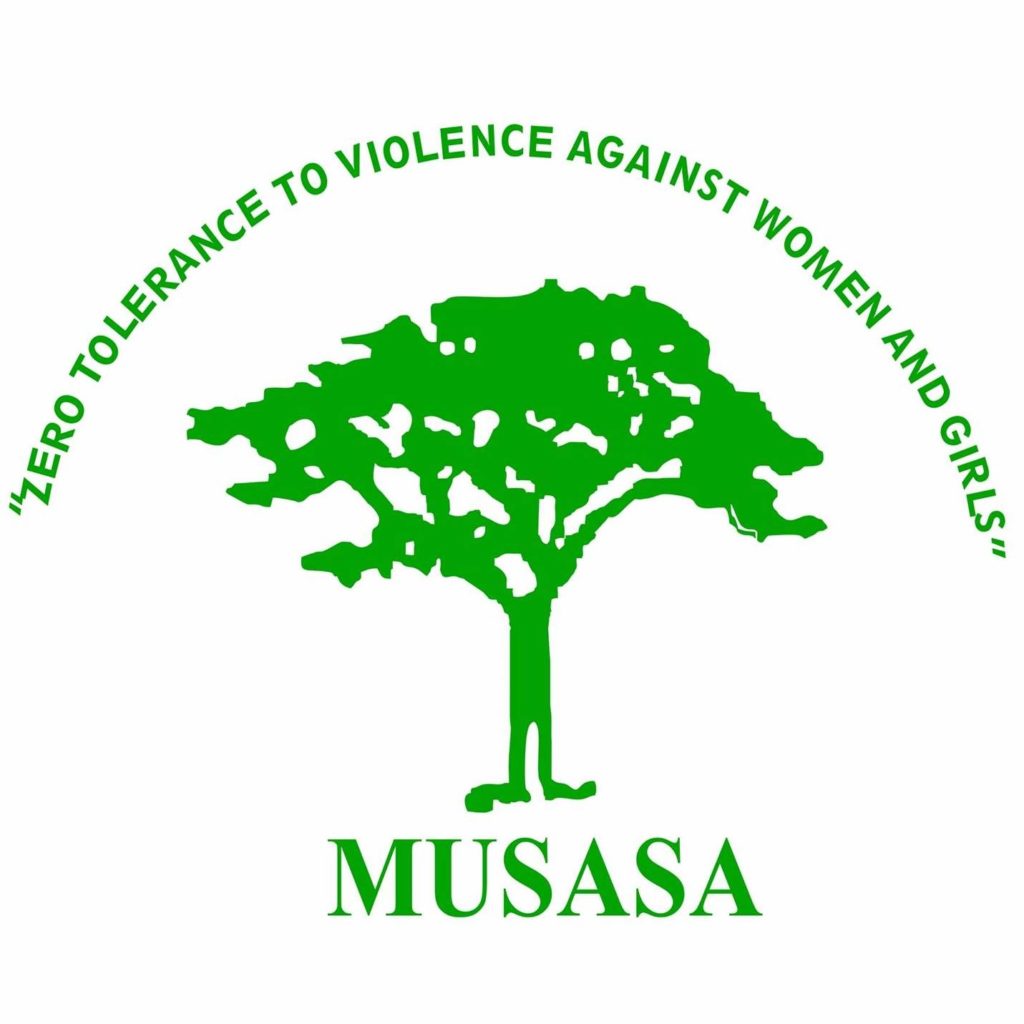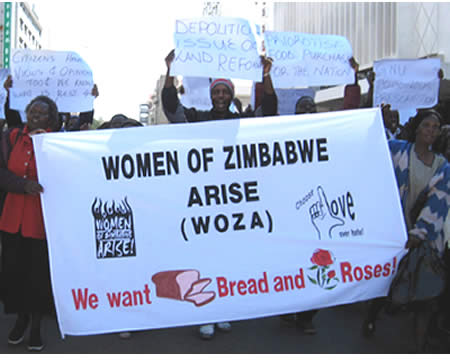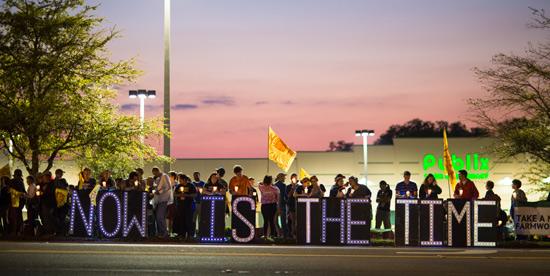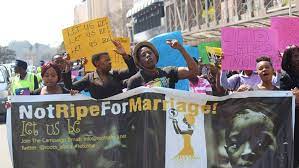
In November last year, Loveness Mudzuru and Ruvimbo Tsopodzi filed a suit in Zimbabwe in which they charged that the situation of “child brides” violated girls’ constitutional rights. They named Justice Minister Emmerson Mnangagwa, Ministry of Women’s Affairs, Gender and Community and the Attorney General’s Office as respondents responsible for implementation of the Customary Marriages Act, which allows for girls to be married at 16.
Age prohibitions are like speed limits. There’s the letter of the law and then there’s the car on the road. Ruvimbo Tsopodzi, now 18, was married off at 15: “I’ve faced so many challenges. My husband beat me. I wanted to stay in school but he refused. It was very, very terrible. I want to take this action to make a difference. There are a lot of children getting married.” Tsopodzi is the mother of one child.
Loveness Mudzuru, now 19, was married off at 16. By the time she was 18, she had given birth to two children: “Young girls who marry early and often in poor families are then forced to produce young children in a sea of poverty and the cycle begins again. My life is really tough. Raising a child when you are a child yourself is hard. I should be going to school.”
Across the border, in South Africa, the Western Cape High Court this week upheld the conviction of a 32-year-old man on various charges related to the trafficking and rape of a 14-year-old Eastern Cape girl. He tried to argue that the girl was not kidnapped and that there was no rape, but rather they were husband and wife, by a customary practice known as ukuthwala.
The Court rejected the man’s appeal and, more broadly, the argument that customary or traditional law allows for violence against girls and women: “The practice of ukuthwala has in recent years received considerable public attention… inasmuch as its current practice is regarded as an abuse of traditional custom and a cloak for the commission of violent acts of assault, abduction and rape of not only women but children as young as eleven years old by older men.”
Speaking of so-called child marriages, African Union Chairperson Nkosazana Dlamini-Zuma, commented: “We cannot downplay or neglect the harmful practice of child marriage, as it has long-term and devastating effects on these girls whose health is at risk.”
While these stories describe girls living in poverty and struggling against physical and structural violence, they also speak of the courage and determination of precisely those girls, who speak for themselves. They say they deserve education, health, well being, safety, and peace. They say as well that individual and collective dignity and justice begin and end with informed consent. They say NO! to all forms of coercion and exploitation of girls, and boys, and they mean it.
(Photo Credit: Girls Not Brides)
